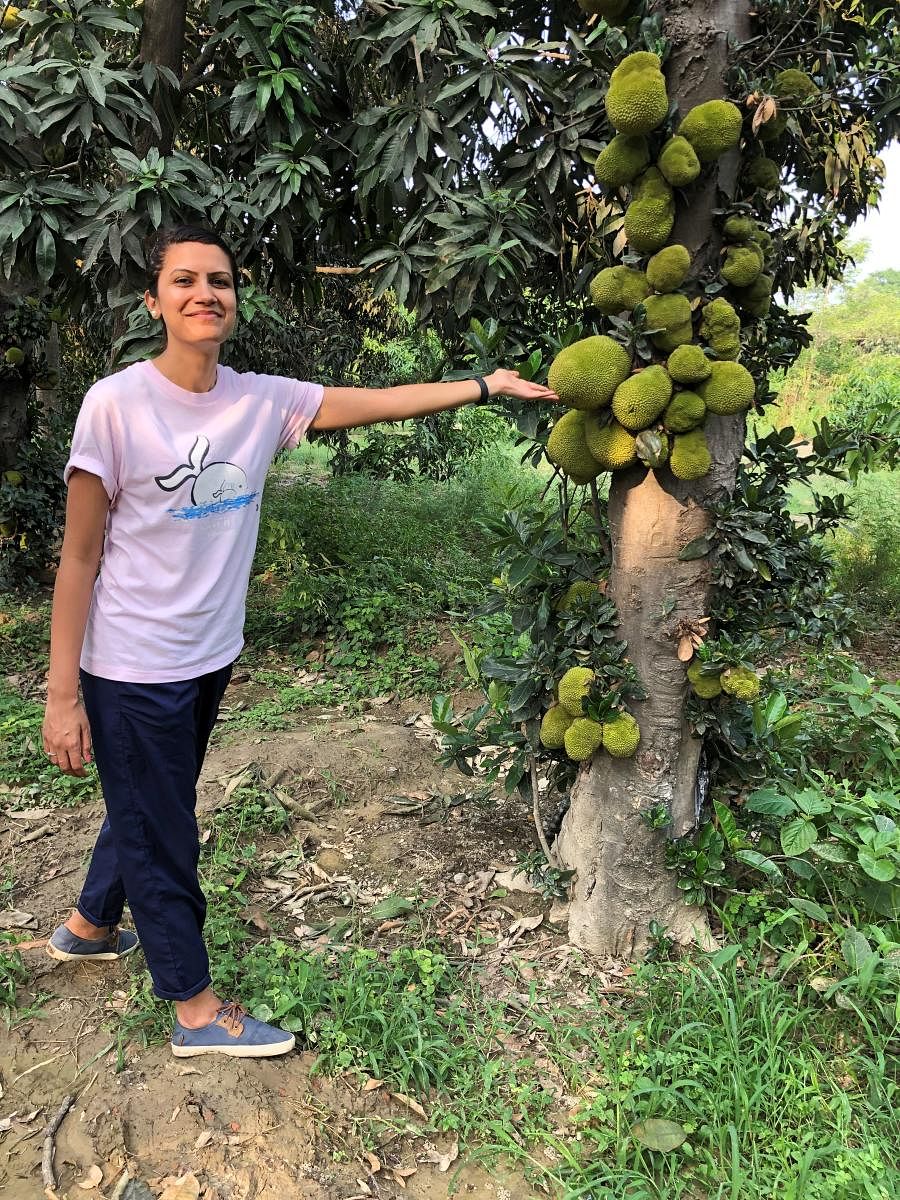

The biggest takeaway from the coronavirus that has upended all our lives, is to not mess with Nature. The need for responsible living, and making our lifestyles sustainable has never been greater. But how do we achieve that in our time-scrunched, fast-paced lives? With World Earth Day just around the corner, a few good Samaritans in various fields show us how they did it:
Ranjita Shaw, founder, My Green Barn
As a busy public relations professional, and executive member, India Steering Committee of Football For Peace, a UK-based global charity organisation, Ranjita has been crusading for issues like gender equality, climate change, and environmental sustainability. As an active member of an organisation that harnesses the unifying power of football to raise awareness about global issues, she is also a concerned citizen. This led her to launch her passion project — My Green Barn — that focuses on home and living. Through the initiative, Ranjita guides busy urbanites how to be more environmentally conscious. “My Green Barn advocates simple ideas for simple chic living. My focus is on sustainability — reducing waste and recycling as much as possible and this is what I promote through this initiative,” she elaborates. Be it independent houses or tiny apartments, everybody can strive to add a green cover to their environment, she adds.
With the constant felling of trees, rising pollution levels, ozone depletion, and climate change, more and more vertical gardens, plants and trees are needed in our cities and households, she says. “We shouldn’t forget our roles on this planet as its keepers. So I teach people how to add a dash of green to soothe one’s senses and be close to nature.”
Kusuma Rajaiah, inventor Ahimsa silk:
The 66-year-old Hyderabad-based handloom technologist, who is credited with inventing Ahimsa silk, has been blazing a trail with his ethically crafted fabric since the 1990s. Formerly employed with the Andhra Pradesh handloom department, the sericulturist’s life changed after meeting Janaki Venkataraman, the wife of erstwhile Indian president R Venkataraman, on a visit to the state’s silk-manufacturing facilities, asked him if silk production could be cruelty-free. This set Rajaiah thinking. After two years of extensive research, he finally hit upon an inventive idea to make Ahimsa silk in 1993. Unlike the traditional method, where silk is extracted by boiling the cocoon of the mulberry worms and thus killing them, Rajaiah’s technique allows all the worms to escape unhurt. “Ahimsa silk yarn collection requires no steaming or baking of the silkworm. Instead, the larva can continue its metamorphosis into a moth until it breaks organically out of its cocoon. Fibres from the cocoon are then spun together to create the fabric,” he elaborates.
Currently, the inventor sells his products online as well as offline across the world. Hollywood celebrities and stylists have endorsed his products. Thankfully, concerns about lack of sustainability and the fashion industry’s damaging footprint on the planet are also leading fashion designers to explore the potential of ethical silk portfolios.
Sonu Shivdasani, responsible
travel pioneer
Long before slow and responsible travel became fashionable buzzwords in the industry, Sonu Shivdasani had already pioneered the trend for back-to-nature luxury holidays in the 1990s. Over the years, the environmental crusader has created a thriving community of nature lovers, ecologists, and architects/designers working in sync with the environment to craft beautiful, bespoke experiences for self-conscious travellers. Shivadasani’s brand Soneva takes his environmental and social vision forward to protect the environment, respect local culture and fragile ecosystems. His Soneva resorts in Maldives and Thailand use only natural and sustainable building materials. An oasis of serenity and sustainability, they eschew plastic, source only ethically grown or caught local produce, among other initiatives, to support the group’s constant drive to whittle down its carbon footprint.
Recycling water, using solar panels, protecting biodiversity and eating local are integral to the Soneva culture. Water at all the properties is purified and bottled in-house and packaged in glass bottles instead of disposable ones. Guests learn about recycling, reusing and reducing their waste. A glass studio teaches them how to craft beautiful objects from discarded glass bottles while the properties’ various eco-friendly facilities (including a brick kiln that makes bricks from trash) delight responsible travellers.